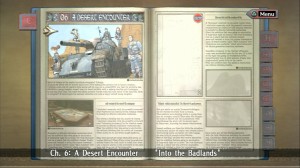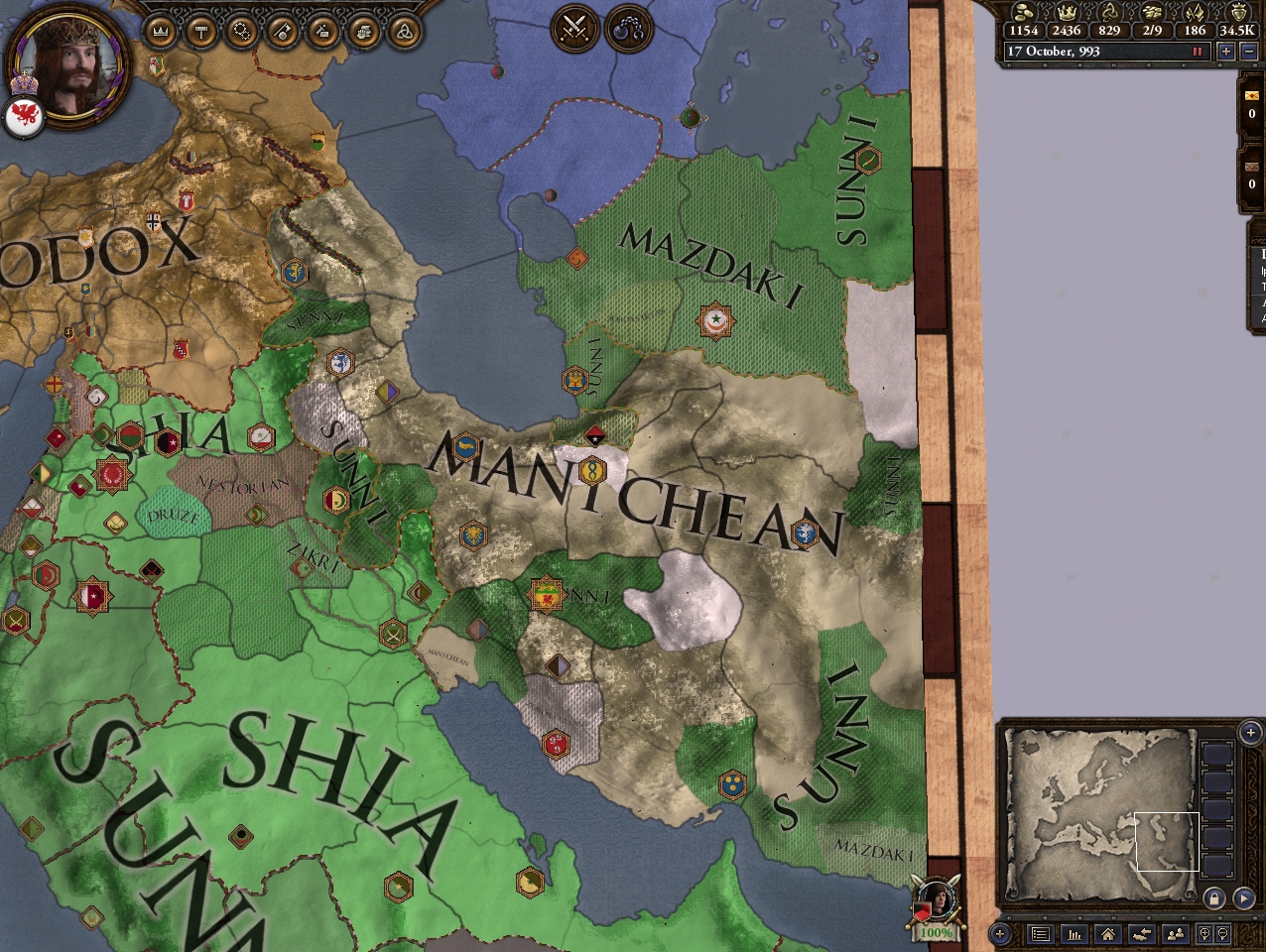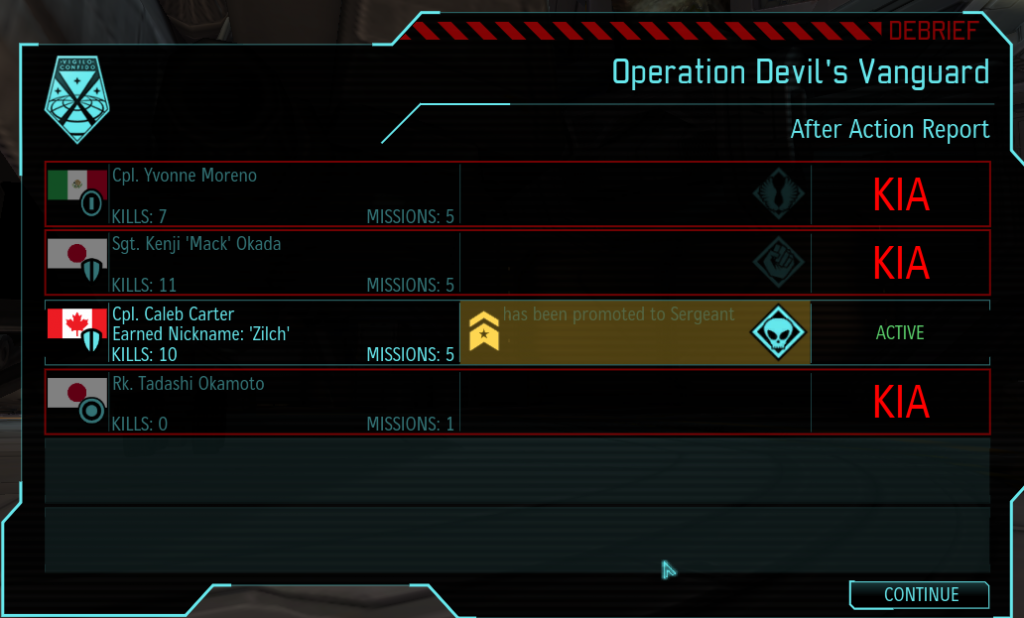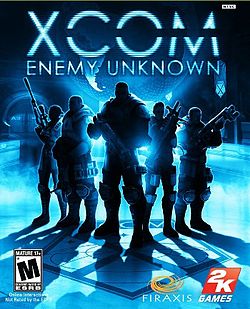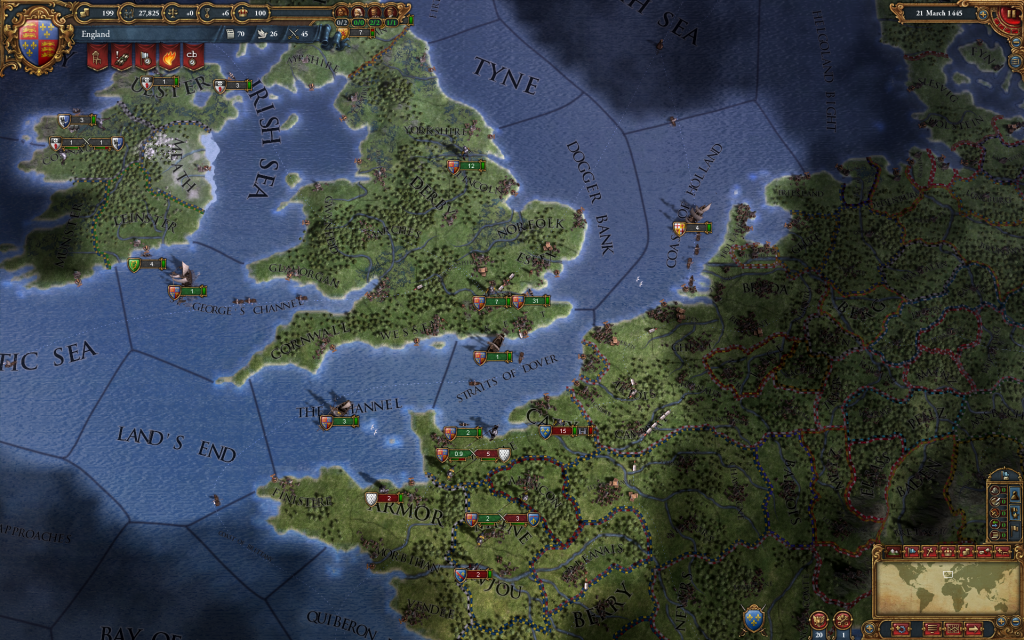A few days ago one-man indie outfit Shining Rock Studios published their medieval city builder Banished, a game which I had been looking forward to since coming across it a few months ago. So after spending a few days messing with it and giving a couple of villages a go, I’m here to give you my report on the thing.
I want to begin with by observing that Banished is, for me, a highly polished product. I have encountered no crashes, no slowdown, and no bugs, even of a graphical nature. It’s a small thing really, but it’s both impressive and a little damning that a one-man outfit can produce a game which in this regard is up to snuff where huge mexabux companies sometimes seem to struggle with it. Obviously my experience is an anecdote and in no way representative, but still nice to see.
Now to the game itself. You start with a handful of villagers, some food and tools and clothes and, depending on your difficulty level, a few starting buildings and useful things like seeds and livestock. Your task is very simple: survive. You do this by building houses, making coats, and chopping firewood to keep warm, by hunting, fishing, gathering, and farming to provide food, and by establishing the secondary industries needed to perform those tasks most efficiently, like making sure you have an educated populace using good tools, and making sure they’re healthy by providing a good mix of foodstuffs and having some medicinal herbs on hand. And you have to carefully balance and plan, otherwise you’ll be in some trouble. Expand too fast? People starve. Expand too slow? People don’t have enough kids to create the next generation. Not enough firewood and winter coats? People freeze to death. Plus there are disasters like fires and tornadoes, and they can really do a number on you. It’s a game about survival, and survival can be a brutal struggle.

One of the words I’ve seen in connection with this game is “shallow”. This game has no overarching goal beyond survival, there’s no kings to overthrow or Orcs to fight off (no combat of any kind), there’s no grand monuments to build, your only task is to keep your village going and grow it as much as you can. It’s refreshing in its simplicity and for the most part I like the lack of direction as precisely what a good city builder should provide, but it does go a bit too far in that direction, I think. There needs to be at least some higher-tier content to work towards; a grand cathedral, a big phallic monument, stuff like that. There also needs to be a bit more in the way of random decorative stuff like trees and small statues and whatnot. This sort of thing would be pretty pointless in the early game, but would help prettify your city a lot, and isn’t that what a city builder is ultimately all about?
I’m a little hesitant to just call the game shallow and leave it at that though. It’s a solid, compact title that I’ve already more than got my money’s worth out of, and I recommend it to anyone looking for a game in the genre, especially those burned by SimCity 2013. It’s by no means perfect, there are some balancing issues to work out, and the pathfinding probably needs to be tightened up. There definitely needs to be more content of some sort as well, but the dev has voiced support for modding and hopefully we’ll be seeing modding tools soon to aid in that. All in all I don’t expect this game to overcome SimCity 4 for city builder addictiveness, but it’s a very nice starting point that’s entirely playable right now and will, with some time and affection, almost certainly grow into something really special.
Y’all can get Banished on Steam, or GoG.com, or from the Shining Rock site directly: http://www.shiningrocksoftware.com/


